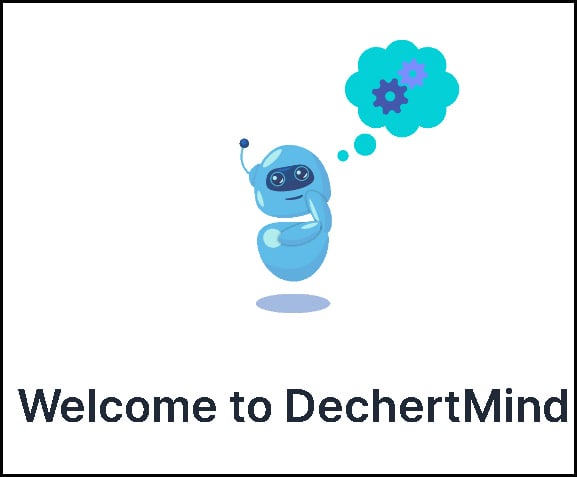In the book “We Are Not Alone,” published in 1964 and written by Walter Sullivan, the author included a chapter that asked “Is There Intelligent Life on Earth?” While that question could generate a lively debate, there can be no doubt that humans are in the process of developing artificial intelligence on earth. The term “artificial intelligence” was first coined by computer scientist John McCarthy in 1956 and is defined in the Merriam-Webster dictionary as a “branch of computer science dealing with the simulation of intelligent behavior in computers.” Popularly referred to as AI, there is no doubt that artificial intelligence will be a disruptive factor in the legal profession in the coming years.
Among the many people making that prediction, Richard Susskind put it best in “Tomorrow’s Lawyers” by observing that “we are at the beginning of a period of fundamental transformation in law: A time in which we will see greater change than we have seen in the past two centuries. Where the future of the legal service will be a world of internet-based global businesses, online document production, commoditized service, legal process outsourcing and web-based simulation practice. Legal markets will be liberalized, with new jobs for lawyers and new employers, too.” This transformation will be fueled by the implementation of artificial intelligence.


 Michael Payne, Cohen Seglias Pallas Greenhall & Furman
Michael Payne, Cohen Seglias Pallas Greenhall & Furman




